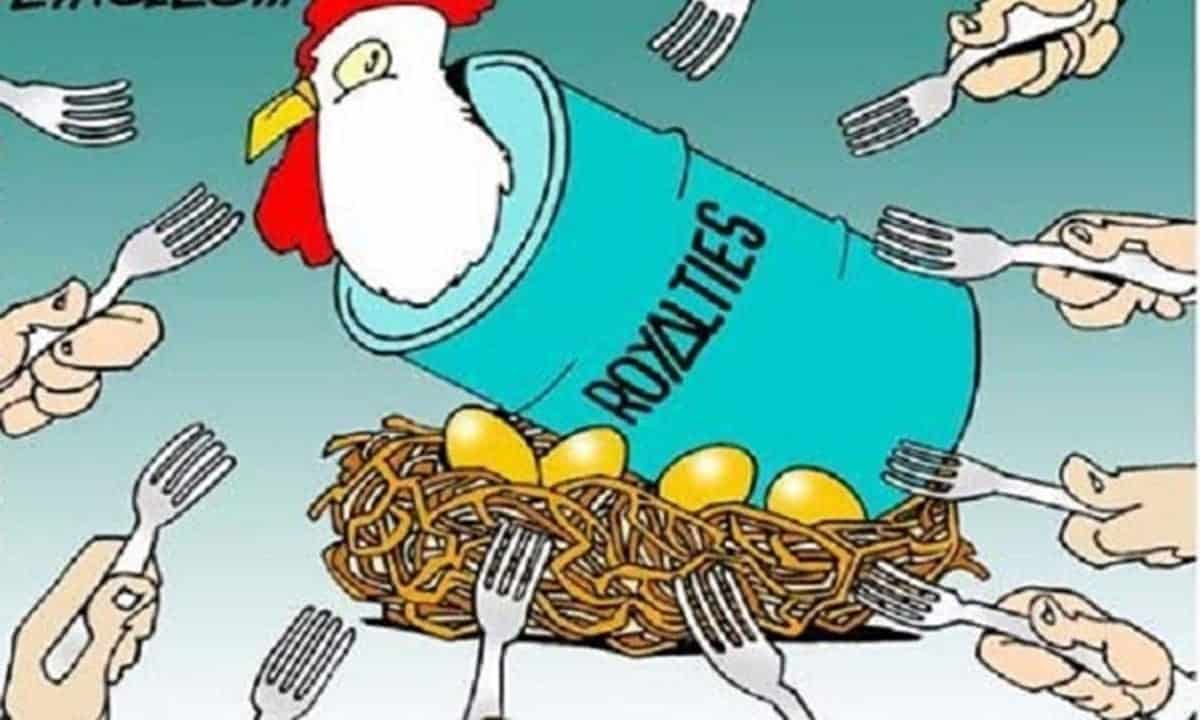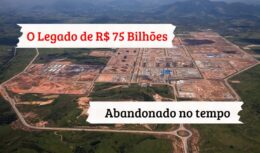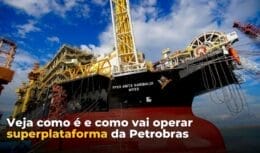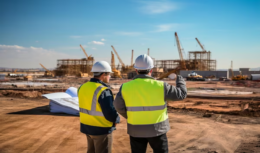
States, municipalities and the Union profit from the rise in the price of a barrel of oil and the dollar, filling their coffers with royalties and special participation
Revenue from oil royalties and special participation (PE) was a record in 2021. R$ 37,6 billion in royalties and R$ 36,8 billion in special participation were distributed to states, municipalities and the Union. This amount is 65% higher than that distributed in 2020.
Read also
- Suriname discovers gigantic oil reserves in deep waters of the Atlantic Ocean and gives preference to the oil company Petrobras in exploring these reserves
- Gasoline and diesel prices could plummet and be up to R$ 3,00 cheaper if the Senate and Congress create a fund with profits obtained by the government with the rise in the dollar and oil to subsidize fuel readjustments
- Petrobras, the operator of the Libra consortium, started contracting suppliers to develop equipment capable of separating and reinjecting gas rich in CO2 from oil into the seabed.
- Tensions in the United Arab Emirates make the price of Brent oil skyrocket and reach the highest level since 2014; fears of shortages in the global market may change the ethanol mix of plants in Brazil
- Despite US sanctions, Iran has been shipping gasoline and oil products to Venezuela; during the governments of Hugo Chávez and Mahmoud Ahmadinejad, the countries became strategic allies and more oil began to 'emerge' from the bowels of the Venezuelan subsoil
The increase in revenue is mainly due to the rise in the price of a barrel of oil on the international market and the exchange rate. However, the production growth of fields under the production sharing regime, subject to a royalty rate of 15%, also stands out.
What are royalties?
Royalties are a financial compensation due to the Union, the States, the DF and the beneficiary municipalities by the companies that produce oil and natural gas in the Brazilian territory: a remuneration to society for the exploitation of these non-renewable resources.
Royalties are levied on the field's production value and are collected monthly by oil and natural gas producing companies. The amount to be paid is obtained by multiplying three factors: rate provided for in the contract for exploration and production of oil and gas, which can vary from 5% to 15%; monthly production of oil and natural gas produced by the field and the reference price of these hydrocarbons in the month. Royalties are distributed monthly to beneficiaries.
What is Special Participation (SP)?
Special participation is the extraordinary financial compensation owed by companies that explore fields with a large production volume and/or high profitability. To calculate the special participation, progressive rates, which vary according to the location of the mine, the number of years of production and the respective volume of inspected quarterly production, are applied on the net revenue of the quarterly production of each field, considering the deductions provided for by law (royalties, investments in exploration, operating costs, depreciation and taxes). PE is distributed quarterly.
Learn more about royalties and special participation and consult the table with the amounts distributed to beneficiaries IN THIS LINK.
Gasoline and diesel prices could plummet and become up to R$ 3,00 cheaper if the Senate and Congress create a fund with profits obtained by the government with the rise in the dollar and oil to subsidize fuel readjustments
Prices per liter of gasoline and diesel can plummet to R$ 4,00! Starting in February, the Senate is expected to discuss a solution to contain the surge in fuel prices, which are currently experiencing constant spikes. The President of the Senate, Rodrigo Pacheco, announced on January 17th that he will submit to the College of Leaders the 1.472 PL / 2021, which creates a program to stabilize the price of oil and derivatives in Brazil. If the leaders agree, the project will be on the agenda of the Plenary.
“I will submit it for evaluation by the College of Leaders at the beginning of February. The intention is to guide. Senator Jean Paul Prates will be the rapporteur and is dedicating himself a lot to the subject”, informed Pacheco.
The impact of this subsidy package could lead to a reduction of up to R$3 in diesel and gasoline, and up to R$20 in a 13kg gas cylinder in a period of up to 40 days, from the approval of the Executive branch or of the President of the Republic.
Last week, Petrobras raised the prices of gasoline (4,85%) and diesel (8,08%) for distributors
Fuel prices underwent successive readjustments in 2021, which resulted in an increase in service stations of around 44%. Last week, Petrobras raised the prices of gasoline (4,85%) and diesel (8,08%) for distributors, which caused concern among senators. The rise in fuel prices has impacted the inflation rate, which was over 10% in 2021. READ THE FULL ARTICLE HERE.













The potential of this research and…
There is already a language translation app…
Developed countries now need a helping hand…
I've never seen a website publish so much zucchini...
It must be sold to the Australians, nation…
Much better than playing a lot…
Very interesting, but there is so much invasive propaganda…
I would love to, but being released here the vlr would be…